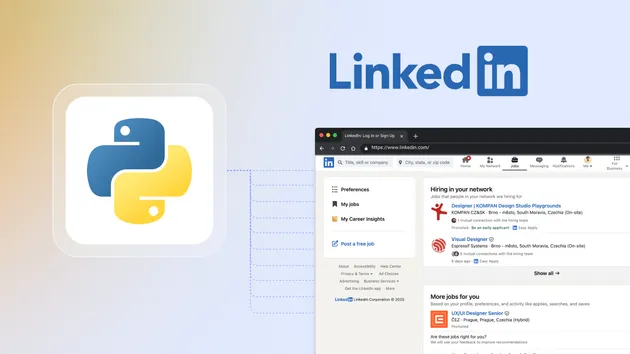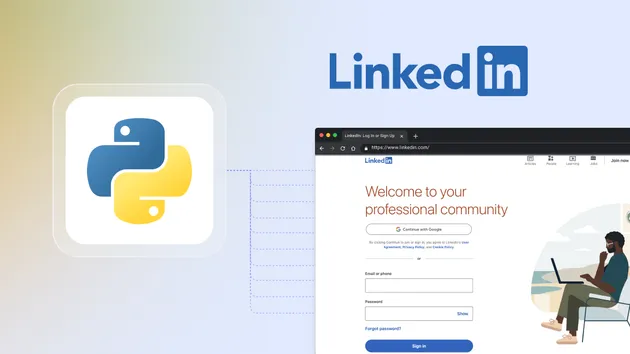Linkedin Jobs and Company details Pro
Pricing
$25.00/month + usage
Linkedin Jobs and Company details Pro
Linkedin Jobs Scraper Pro has the feature to scrape not just the jobs but the company posting the jobs and some details of it like the number of employees it has. The scraper has the filter to filter based on Country, job title and the time range from which you want to pull the jobs.
Pricing
$25.00/month + usage
Rating
0.0
(0)
Developer

GetDataForMe
Actor stats
0
Bookmarked
10
Total users
0
Monthly active users
10 months ago
Last modified
Categories
Share




